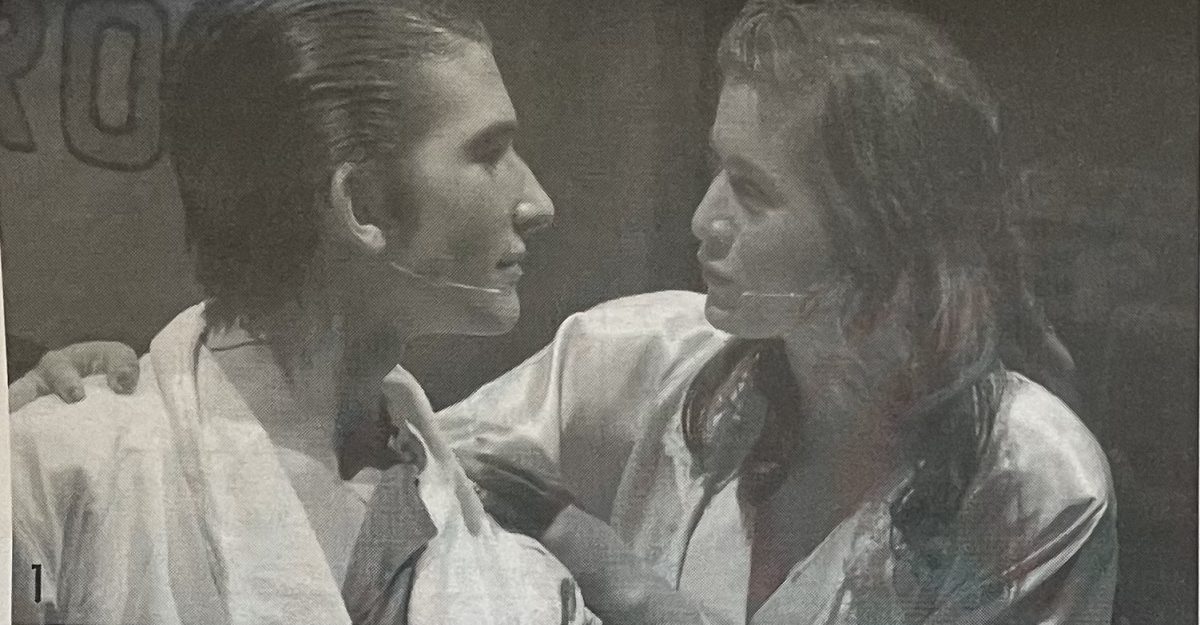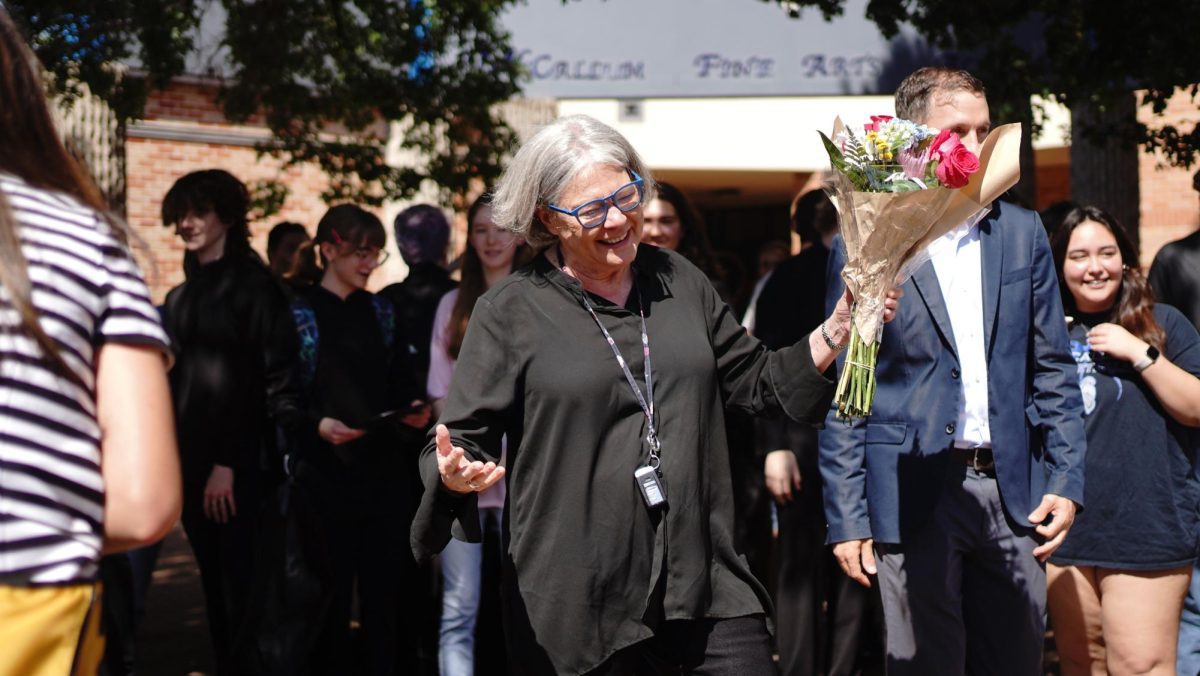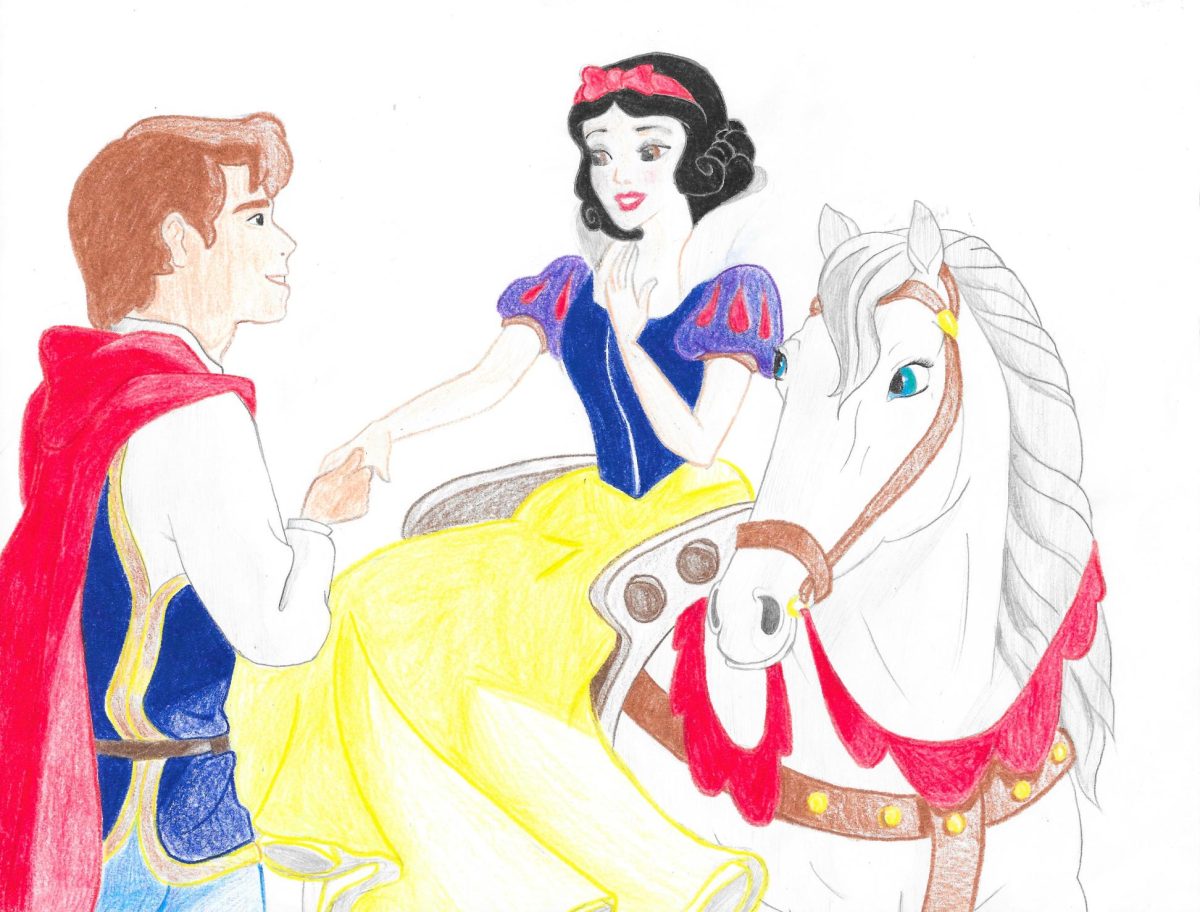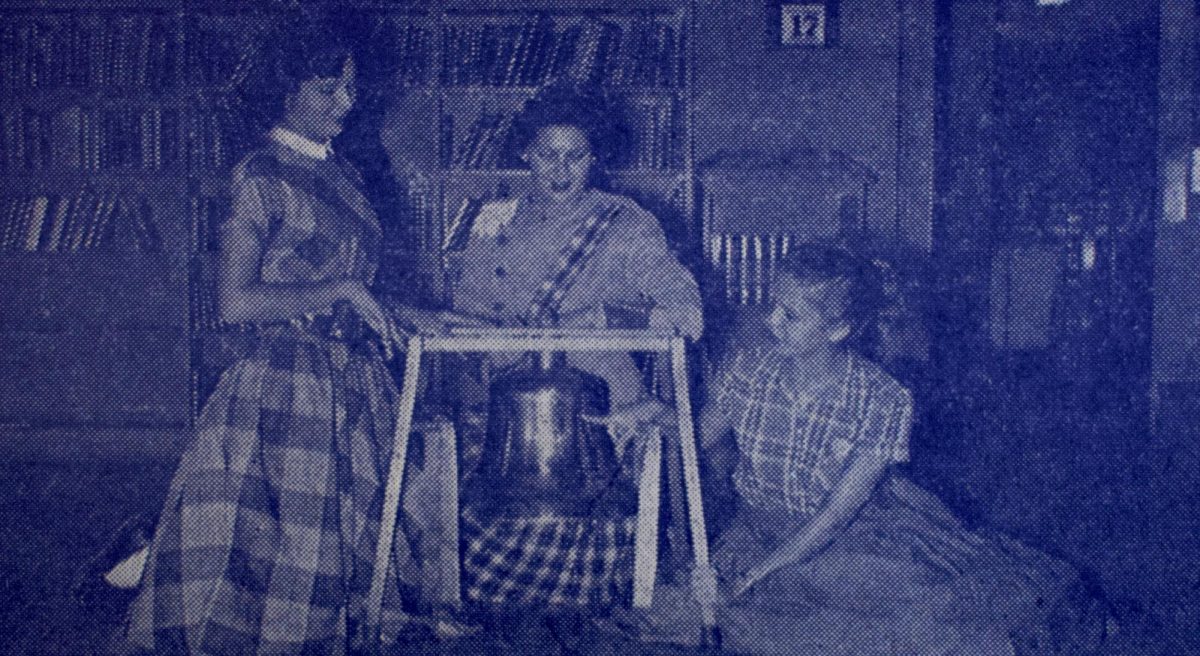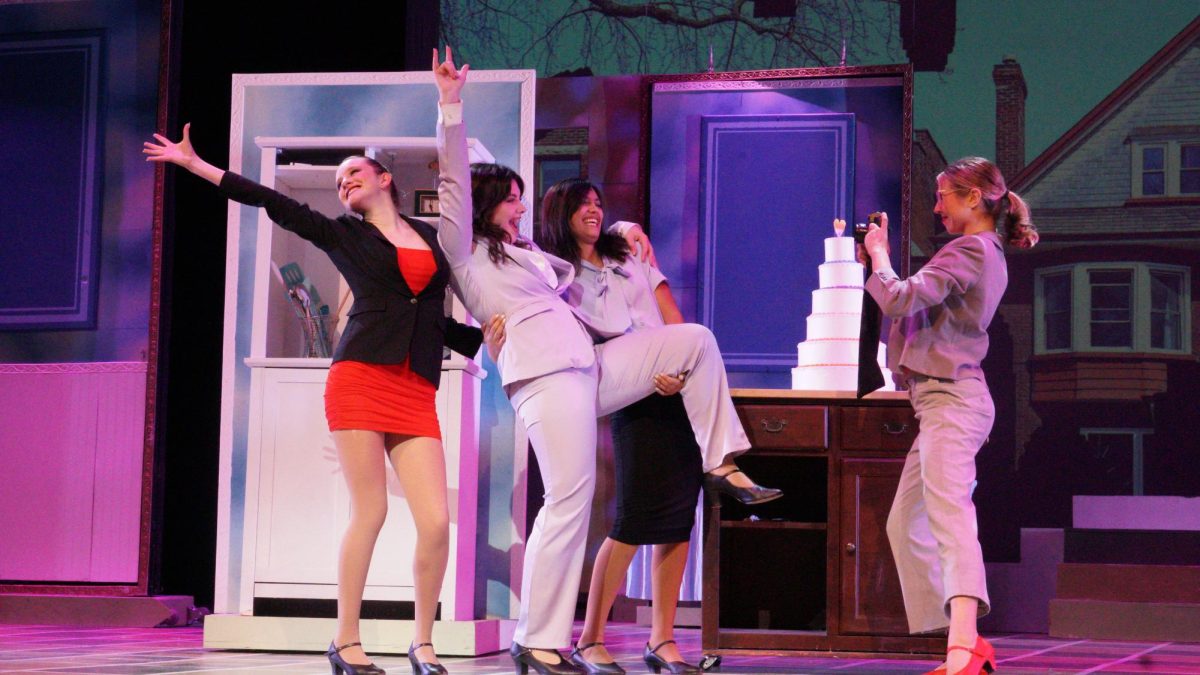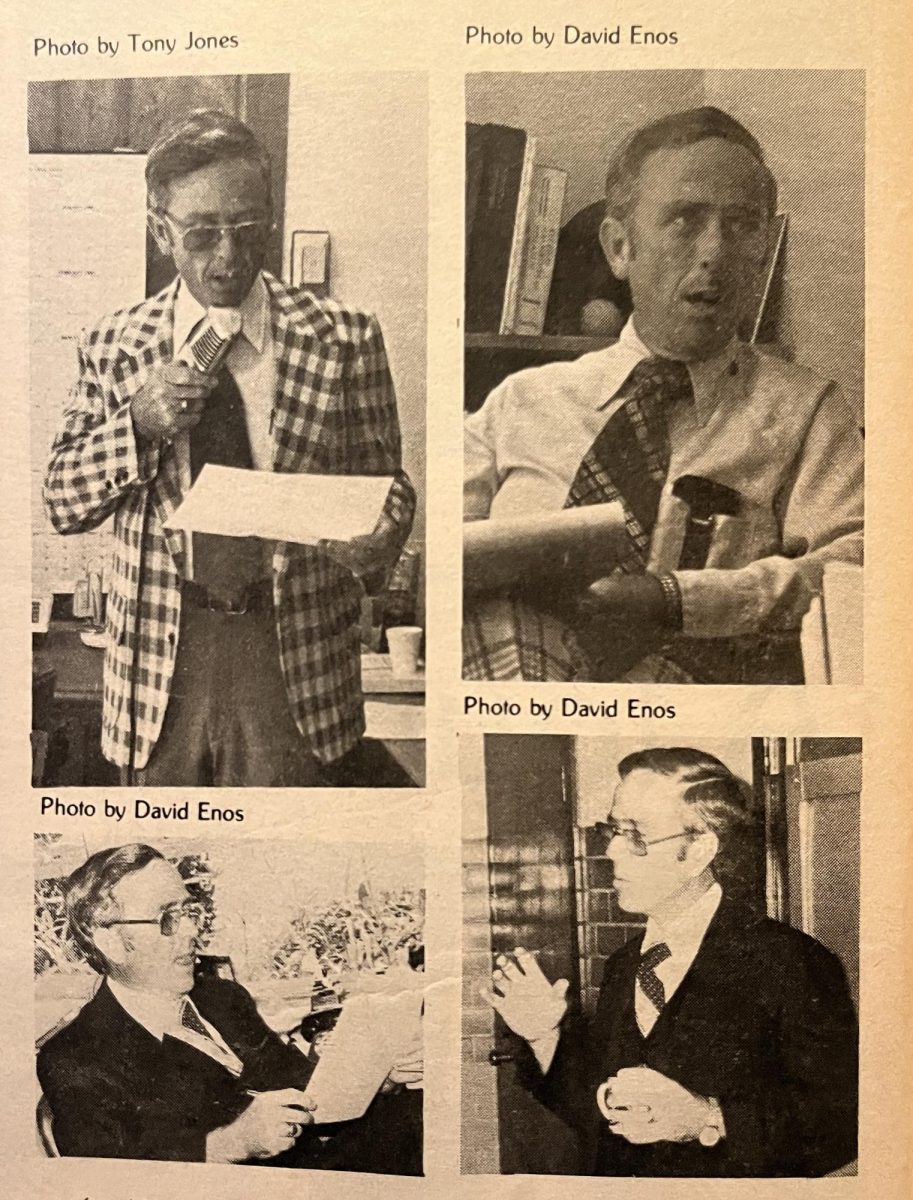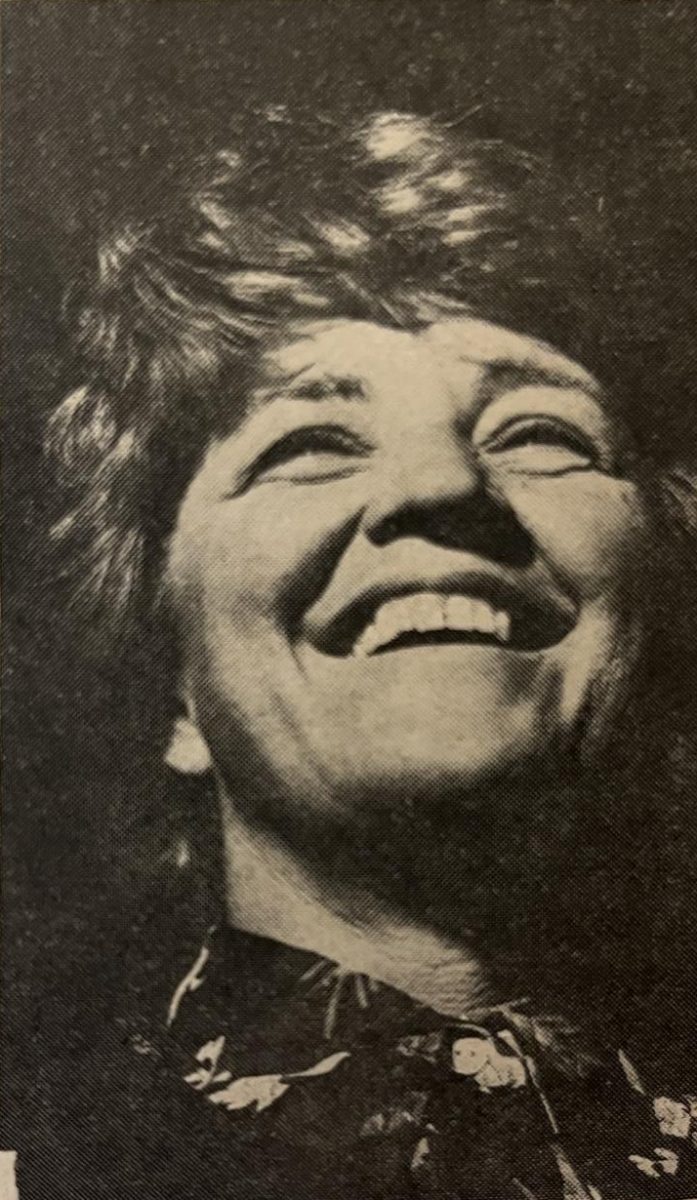Evita, the story of Argentina’s Eva Peron, which the theatre department performed last week, will come back to life in Costa Rica when the department performs it again this summer, this time entirely in Spanish.
“It will be interesting because they just selected their first female president ever, so there is probably some discussion about females in government going on as is,” technical director M. Scott Tatum said. “A lot of people in Latin America are fascinated by Eva Peron, for better or for worse.”
Senior Sarah Miller-Crews, who played Eva Peron for half the nights, said taking the show to Costa Rica is about more than performing in Spanish.
“We’re trying to transcend the language barriers,” Miller-Crews said, “because even if you don’t speak English or you don’t speak Spanish, you can still understand it. It’s not about the words; it’s about the human emotions. It’s about more than how much Spanish you can speak or how much English you can speak. And I think that’s the point of going to Costa Rica; it’s to bring art together with people who may not speak the same language as it.”
Costa Rica’s theatre community differs from the ones here in a few ways. Tatum said he is curious to see how Evita is received.
“Costa Rica is not traditionally a big Broadway show theatre community,” Tatum said. “They do a lot more straight plays, dramas and comedies than opera, but not so much musical theatre. It will be interesting to see if it kinda gets people there.”
It certainly “got” Miller-Crews.
“This woman tried to change the lives of the people of Argentina. Maybe she failed, maybe she didn’t, but she tried,” Miller-Crews said. “I think that message is so important. Whether or not you end up changing the world around you, the fact that you tried makes your life meaningful. It certainly made [Eva’s] life meaningful.”
Junior Avery Mertin, who played dictator Juan Peron with Miller-Crew’s Eva, agreed this story has a little something extra.
“Most musicals are kind of fluffy. They’re kind of happy-go-lucky and lack substance, but Evita isn’t like that,” Martin said. “It’s really intense because it’s addressing events that actually happened. And in the scope of the world, it’s very recent. You can learn about history from it, but also just about how people in general deal with power.”
For Miller-Crews, that is what made the show so enjoyable.
“I don’t think that many people in general get a chance to experience history in a really interesting way,” Miller-Crews said. “I think that’s why a lot of people have enjoyed seeing Evita because it’s a step into the past but everything about it is true.”
Freshman Aline Mayagoitia, who played Eva in the other half of the nights with senior Spencer Reichman as Peron, agreed that the authenticity of the story helps make it so relevant.
“Because it is a real story, and it’s a big important story, it makes the show very epic,” Mayagoitia said. “I’m pretty sure that’s our motto—that it’s an epic show. The story of Eva Peron in Argentina is a story that everyone should know, how one woman could do so much.”
For Reichman, the songs proved to be the most interesting, and most challenging part.
“It’s freaking [Andrew Lloyd] Webber,” Reichman said. “Webber is kind of hard. He likes to throw in weird rhythms and melodies. One of the songs we just had to do as a speech because there was practically no way we could have sung it. We’d have just been grasping for notes in the air. He has the low voices singing the ledger lines. You know, he’s hard.”
That music Mayagoitia said, reflects Eva’s personality and story.
“One of our first rehearsals with Mr. Pew stands out because he started talking weird chords in the show,” she said. “You know, it reflected Eva a lot. In the show, she lies a lot, so when she’s singing in a completely different way than the music behind her sort of represented how she would say one thing and mean another.”
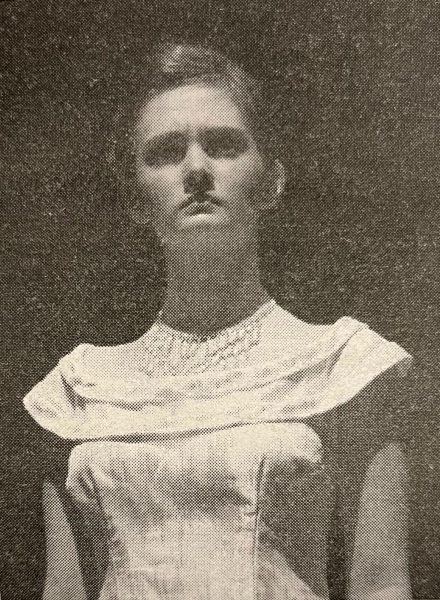
Reichman said the most difficult part of the productions for him was the dancing.
“[The music] was one of the hardest parts as a whole,” Reichman said, “but for me, I suck at dancing. Everyone has his or her difficult parts. We had some singers, some dancers, some actors and some that could do all three very well. But each part on its own is difficult for different people.”
Mayagoitia’s job was made easier because she spoke both languages in the show.
“Being a fluent Spanish speaker helped me,” she said. “Because the show is bilingual, [I was] able to understand what is going on with Eva and the plot line. And because I was raised in Mexico, I got a lot of education about her growing up. So I had that understanding.”
Because of her fluency, Mayagoitia was able to help the rest of the cast to learn their lines.
“None of the cast spoke any Spanish, so I helped them a lot,” she said. “They worked so, so hard. We would just sit down and they’d write it down phonetically and then they’d study and just prepare themselves. Everyone did so well with it.”
Martin said this musical was both new and rewarding for him.
“It’s been pretty weird,” Martin said. “I’ve never done a musical, so it’s definitely been out of my comfort zone. I’ve had leads before, but this one certainly was new and challenging. It’s exhilarating.”
Tatum said he was so impressed with the students’ dedication and talent.
“Well, mostly I just absolutely adore my costume crew; they are amazing,” Tatum said. “But also, this show is an opera. It takes a lot of work, and it was amazing to see everyone really working together to make it happen.”
Martin said Evita, like any musical, is about finding a balance between everyone involved.
“Any musical calls for a long period of practicing,” Martin said. “You have to work with leads individually, on blocking and spacing and dancing and vocals. It’s a completion of a bunch of arts that all come into one product, one show. And with a such a big cast, you have to work over and over again until you find something that works with everybody.”
This article was published in The Shield on March 12, 2010.


